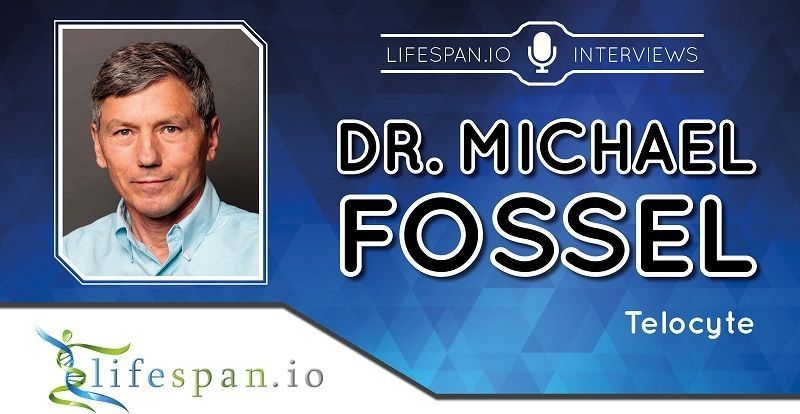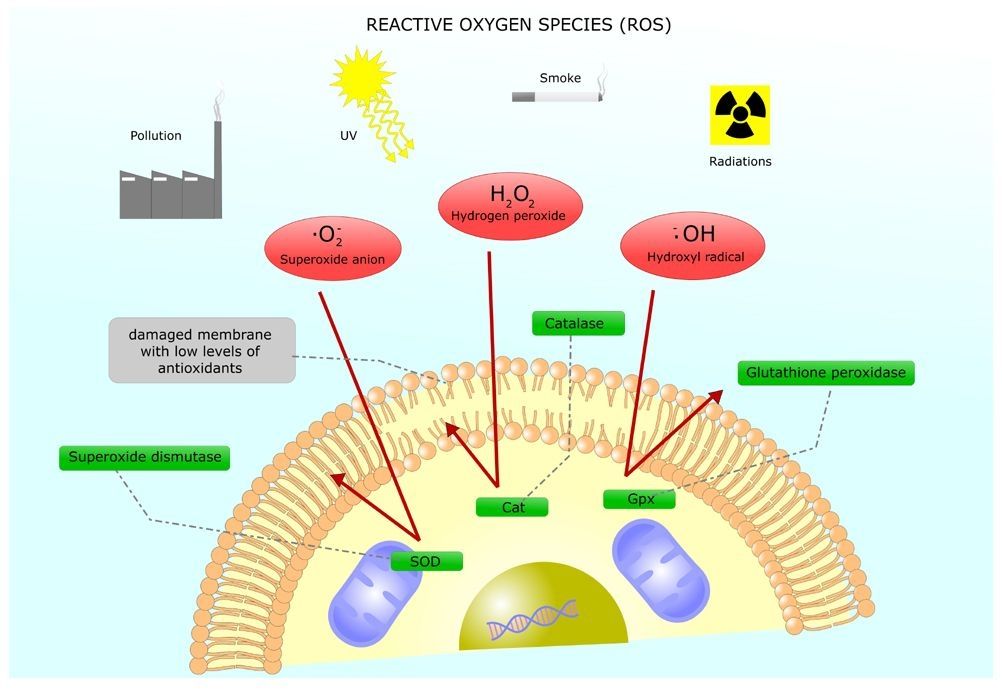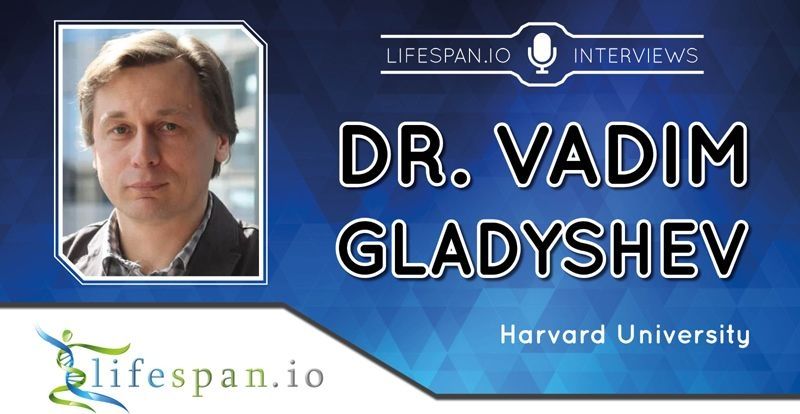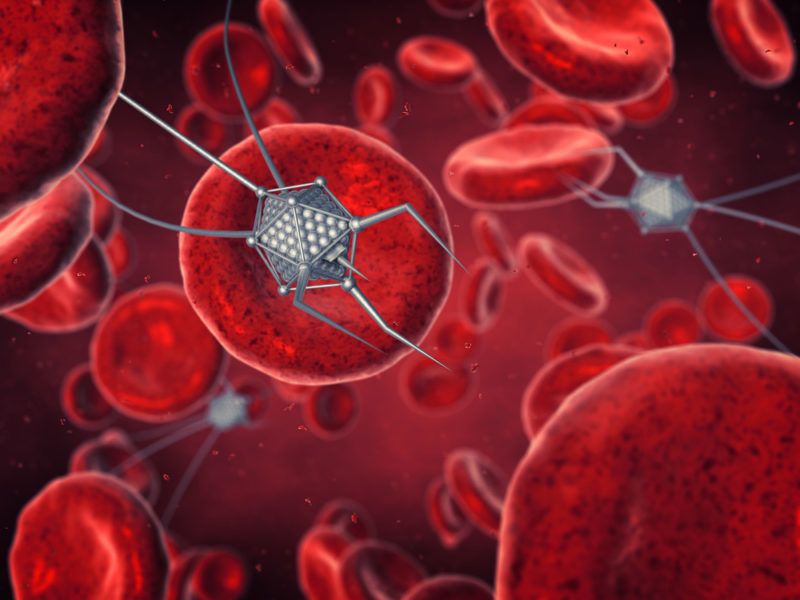“I am extremely excited about the research involved in the current Scientific Reports article,” said Joseph I. Shapiro, M.D., senior author and dean of the Joan C. Edwards School of Medicine. “I believe that our team has not only implicated the NAKL discovered by our colleague, Dr. Zijian Xie, in the aging process but identified a novel therapeutic target as well as a specific pharmacological strategy to actually slow the aging process. Although it will be some time before we can test these concepts in human subjects, I am cautiously optimistic that clinical therapeutics will ultimately result.”
The team’s extensive year-long study first focused on aging mice who were given a western diet to stimulate oxidant stress to antagonize the NAKL. The western diet increased the functional and structural evidence for aging; however, the introduction of pNaKtide slowed these changes in the mice. The same results were then replicated when human dermal fibroblasts were exposed to different types of oxidant stress in vitro by stimulating the NAKL, increasing expression of senescence markers, and causing cell injury. With pNaKtide treatment, the researchers demonstrated that the negative attributes associated with aging were significantly dampened.
“Our data clearly suggest that the Na/K-ATPase oxidant amplification loop is intimately involved in the aging process and, if confirmed in human studies, might ultimately serve as a therapeutic target,” said first author Komal Sodhi, M.D., an associate professor of surgery and biomedical sciences at the Joan C. Edwards School of Medicine. “If the pNaKtide can be safely used in humans, it might be possible to study the applicability of that specific agent to the problem of clinical aging.”






